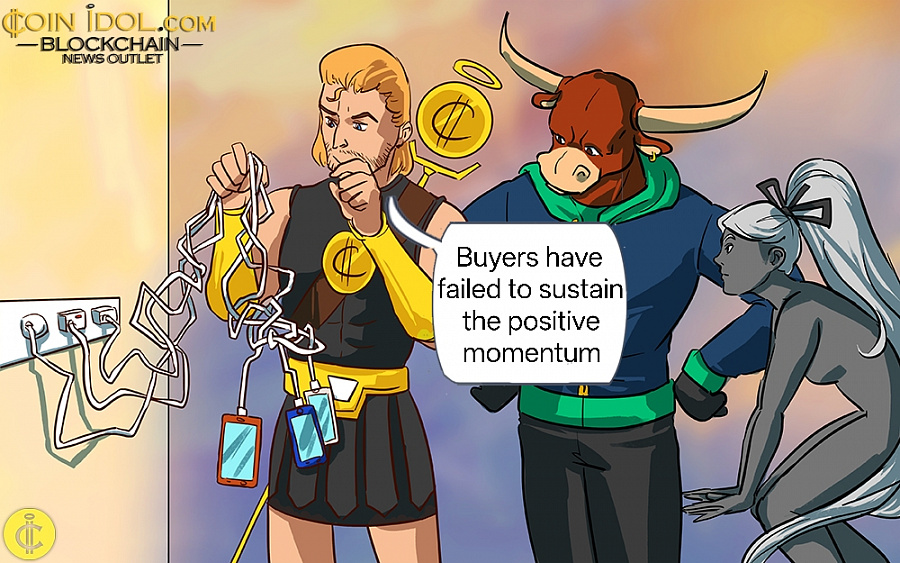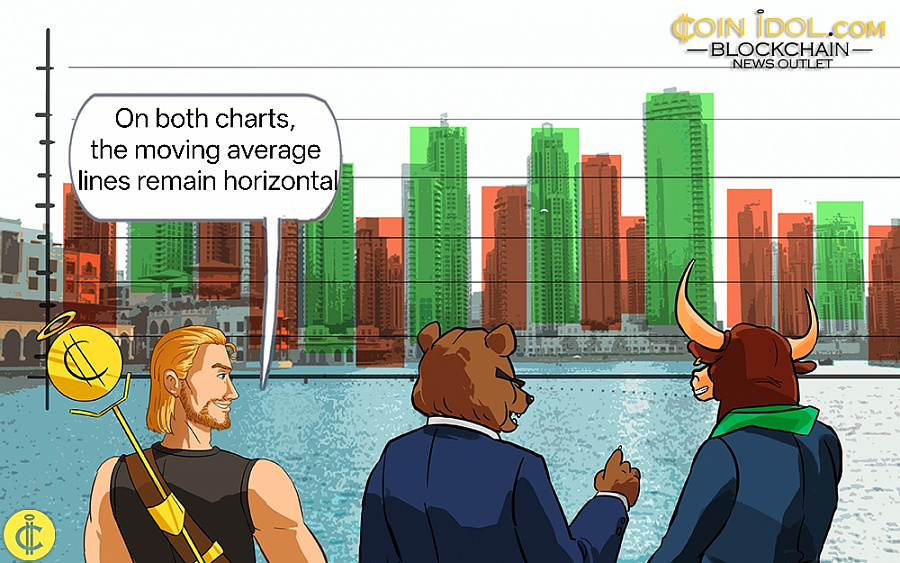Brad Garlinghouse, Ripple CEO Photographer: Kyle Grillot/Bloomberg
Dear Subscribers,
I would imagine that many of you read the Ripple summary judgment with a lot of interest and excitement yesterday. For any of you who haven’t, here are the key details. A federal judge in the Southern District of New York issued a long-awaited ruling in the SEC’s suit against Ripple. Dating all the way back to December 2020, just mere months after I took over this newsletter, the SEC charged Ripple with selling $1.3 billion worth of XRP from 2013-2022 in an unregistered securities sale. Remember, to sell securities in the U.S. they must be properly registered with the SEC and comply with all applicable laws, or be issued under certain exemptions.
Ripple obviously did neither. The SEC claims that they broke the law. Ripple says that XRP is not a security, so it had no need to register anything.
What did the judge say? Well, in the footsteps of King Solomon, Judge Analisa Torres essentially split the baby. She wrote that the $728.9 million worth of XRP that Ripple sold to institutional investors was an investment contract (securities transaction) because it met all four prongs of the 90-year old Howey Test:
- Investment of money
- In a common enterprise
- With the expectation of profits
- Largely based on the efforts of others.
Judge Analise Torres said that institutional sales of XRP were securities transactions
If you were a Ripple holder, you may have assumed that things were going to be getting worse from there on out. Not so!
The judge then turned everyone’s heads when she disagreed with the SEC’s contention that the sale of XRP programmatically (on bid/ask centralized exchanges such as Coinbase) was not a security. Neither was the issuance of XRP to employees and vendors.
The logic behind this reasoning was fascinating to me. In her judgment, Torres noted that while there was a “common enterprise” between Ripple and the institutional investors that bought XRP, there was no such arrangement between Ripple and other purchasers/holders. Check out the reasoning in this footnote.
Torres said that the same common enterprise did not apply to programmatic buyers
She then goes further in her judgment.
Torres said that there was no way for XRP buyers on an exchange to know that they were buying from … [+]
She also went on to say that it was not enough for the SEC to say that Ripple explicitly targeted speculators or that people understood that they were buying XRP as an investment.
Based on numerous lawyers that I spoke with, this language matters for a number of reasons. First, there is the strong insinuation that XRP in and of itself is not a security. What mattered in the opinion of the court was the specifics of how the XRP was bought and sold, not the underlying characteristics of the asset.
She argued in the brief that regular commodities like gold and oil can be sold as securities (futures, options, etc), even if the underlying asset is not a security. She also said that it is possible for some investors to buy XRP with the expectation of profit without running afoul of securities laws. She basically said that it is too much to speculate on the mindset of each individual investor.
Key Takeaways
XRP Goes Weeeeee
The judgment provided some serious wind in the sails of XRP and Coinbase (will get to that next). XRP jumped as high as 90% yesterday before giving back some of the gains. It is still up over 48.5% over the past two days.
XRP and COIN surged on the news
What’s more? XRP trading has been restored on numerous exchanges that delisted the token following the 2020 suit such as Coinbase, Kraken, and Bitstamp. Gemini also claims to be kicking the tires on restarting trades.
Does that mean that I will be adding XRP once again to our portfolios? Maybe, but not so fast. Ripple is a company that I’ve known since 2013, and while I think that it has some great technology the company/asset has never seen the major market adoption that its coffers and profile would suggest. The price remained largely buoyant due to the very loyal following of the XRParmy and effervescent bull market of recent years. However, if we are going to allocate portfolio space to XRP, it will need to be taken from someone. I will be adding it back onto the watch list, but that is it for now.
Plus, it is important to remember that this summary judgment is not final. The SEC has already said that it will appeal, and at least one lawyer that I spoke with told me that he would not be surprised if it went all the way to the Supreme Court. So we are talking years.
Coinbase Cheers On XRP
The second big winner from the judgment was Coinbase, whose stock is up 22% since the judgment. The reason why is pretty simple. The judge went out of her way to say that sales of XRP on exchanges were not securities transactions. That is the crux of the SEC’s suit against Coinbase. Coinbase was quick to relist XRP and you can be sure that the exchange will use this judgment to either give itself an advantage in court or perhaps get the case completely thrown out. After all, think about this logically. If the court ruled that the sale of XRP on a secondary market was not a security because the buyer did not know that he/she was buying from Ripple, then how could a transaction between two individuals entities that are not the issuer/creator be a security? Anything else would seem logically inconsistent right?
But there is more to keep in mind here. For one, Judge Torres went out of her way in a footnote to say that she was not casting judgment on all secondary market sales. That question was not part of the case. So everything is not tied up neatly in a bow.
Torres said that she is not making a decision on all secondary crypto sales
In addition, one lawyer also told me that there is no precedential stature attached to this ruling (meaning that fellow judges would be bound by these decisions). It is entirely possible that the judge overseeing the Coinbase case and any others could disagree. Ultimately it may come down to the Supreme Court deciding between all of these. That would be a day for crypto journalists everywhere.
Other Tokens Get In On The Fun
Nobody wants to get left out, and the other tokens mentioned in SEC lawsuits all surged as well (about 15% or so), though they are giving back some of those gains as I write this. Interestingly, none outperformed XRP or Coinbase (the two big winners).
Again, I am not ready to give these tokens the ‘all-clear’ though they certainly have a tailwind. The court only focused on the facts and circumstances of these XRP sales. She completely avoided talk of decentralization and other terms that the industry uses to try and prove that something is not a security. The term decentralization only appears once in this judgment.
Other tokens in the SEC’s crosshairs surged
Give It Time
I am going to take these next two weeks to think about how or if I want to recalibrate any of the portfolios in light of this news. But remember to think long term. It is going to take years for this to get settled, and by then things could be a moot issue. After all, as I’ve detailed for you in the past, there are multiple legislative efforts winding their ways through Congress right now to settle some of these issues. I’ve written a lot about the House Republican market structure bill, and this week Senators Gillibrand (D-NY) and Lummis (R-WY) reintroduced a bipartisan piece of legislation to better provide customer safety and settle jurisdictional issues between the SEC and CFTC. I can easily imagine a world where all of this gets resolved in Congress rather than the courts, which is an outcome that I think many people are hoping for.
As always, please feel free to reach out to me with questions.











